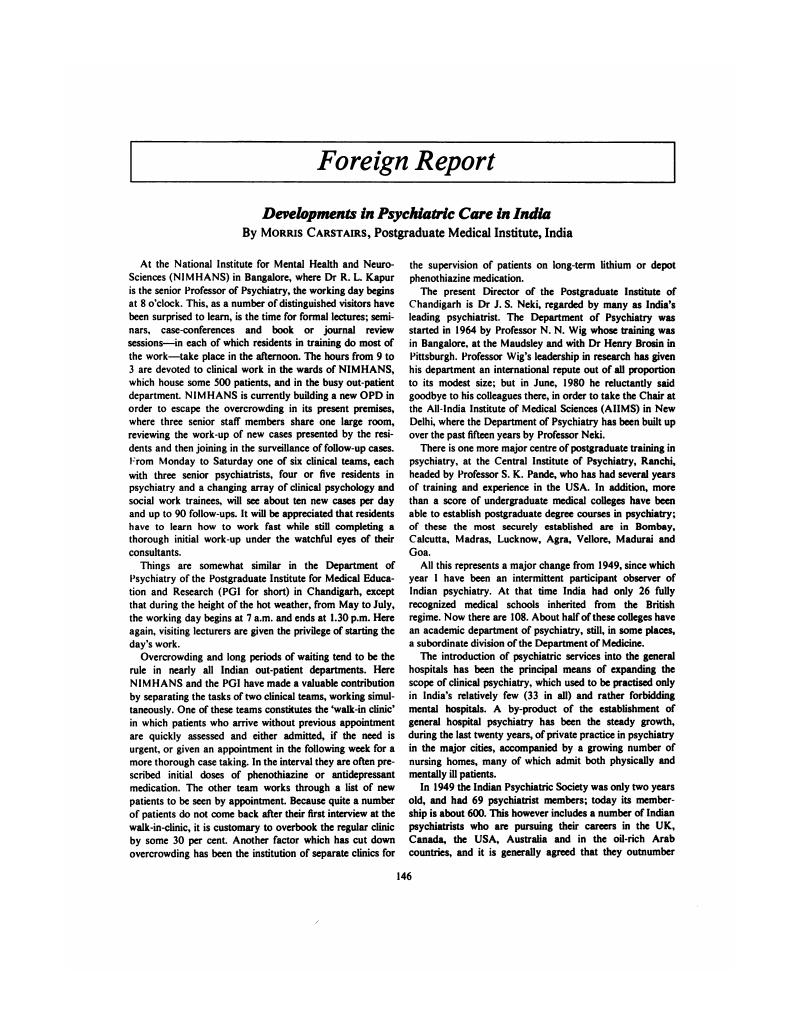Crossref Citations
This article has been cited by the following publications. This list is generated based on data provided by Crossref.
Murthy, SrinivasaR
2010.
From local to global - Contributions of Indian psychiatry to international psychiatry.
Indian Journal of Psychiatry,
Vol. 52,
Issue. 7,
p.
30.






eLetters
No eLetters have been published for this article.